The 2024 Annual Economic Report of the Mekong Delta region, recently published by the Vietnam Federation of Commerce and Industry (VCCI), reflects the current economic picture of the delta with a series of challenges and proposes many solutions for sustainable development. This is not only a carefully researched scientific "handbook" for managers and businesses to refer to in policy making, but also raises many issues for the provinces in the Mekong Delta region to look back at themselves in solving the problem of growth associated with exploiting and promoting the right potentials, advantages and risks of backwardness and proactively avoiding "being left behind".

Seafood processing - the leading economic strength of the Mekong Delta region.
DOWNWARD SPIRAL?!
It can be affirmed that the 2024 Annual Economic Report of the Mekong Delta with the main theme "Mobilizing investment for sustainable development" has painted a comprehensive picture of the macroeconomic situation, along with the opportunities and challenges in attracting investment capital to create sustainable growth momentum for the Mekong Delta. In particular, the "investment bottleneck" is the biggest challenge for the Mekong Delta economy. Because the lack of investment has become one of the core causes leading to the "downward spiral" of the Mekong Delta economy in recent years. Although the Mekong Delta is considered a key agricultural production and export region, contributing more than 50% to Vietnam's trade surplus, this region has a very low investment capital ratio. If calculated on a per capita basis compared among the 6 socio-economic regions of Vietnam, the Mekong Delta ranks 3rd in ODA capital, 4th in public investment, 5th in FDI and 6th in domestic private investment. The consequences of this lack of investment are poor infrastructure, declining job opportunities, stagnant labor productivity and weakened competitiveness. Specifically, in the period of 2021 - 2023, total social investment capital in the Mekong Delta accounts for only 11.2% of the country, down from 13.2% in the period of 2011 - 2016, lower than the contribution rate of the Mekong Delta to the country's GDP. On the other hand, investment in the private economic sector is identified as the most important growth driver but has grown very slowly. As a result, in the past 10 years, the proportion of private investment capital in the Mekong Delta has decreased from 14.9% of the country to only 12.4%. Notably, FDI into the Mekong Delta in 2023 accounted for only 2% of the country's total FDI capital and was mostly concentrated in Long An, while the remaining provinces were almost devoid of foreign investors.

Rice production is the economic spearhead of the Mekong Delta region.
Along with that, the Mekong Delta region is also facing a series of barriers to mobilizing investment in this region. In particular, there are four main groups of barriers that are holding back investment capital flows into the Mekong Delta. The first is weak transport and logistics infrastructure, specifically the Mekong Delta region lacks connectivity with major economic centers such as Ho Chi Minh City, high transportation costs and an unsynchronized supply chain. In particular, there are provinces that are almost completely isolated from major cities and economic centers, of which Bac Lieu is a typical example. The second is the shortage of skilled labor, and the Mekong Delta region is the region with the highest migration rate, as well as the lowest rate of trained labor in the country, while the demand for high-quality human resources is increasing. Bac Lieu is also ranked as the province with the highest migration rate. In 2024, Bac Lieu created jobs for more than 23,100 people, but only about 5,000 workers were employed in the province, while more than 18,000 had to go abroad to make a living. Third, the risk from climate change, especially drought, saltwater intrusion, land subsidence and rising sea levels, is causing serious impacts, reducing the attractiveness to investors.
And finally, the investment and business environment is not favorable enough. In particular, investment attraction policies are not attractive, administrative procedures are complicated, and access to land and finance is difficult...

Although investment has been increased in the Mekong Delta region's transport system, it still cannot meet development needs. Photo: KT
PRIORITIZATION IS NEEDED FOR FOUR GROUPS OF SOLUTIONS
According to VCCI, in order to solve these difficulties, the Mekong Delta region in general and the provinces in particular need to study, focus and prioritize four key groups of solutions to remove investment bottlenecks and promote sustainable development for the Mekong Delta. In particular, policies need to focus on accurately identifying investment priorities, improving investment efficiency and expanding financial resources from both the public and private sectors, especially effective and efficient public investment is a key condition to attract private investment in the Mekong Delta.
At the same time, digital transformation is the focus of the investment and development strategy, with priority given to investment in telecommunications infrastructure and high-speed Internet as a premise for digital government, digital economy and digital society. This will help optimize resources and improve productivity of both the public and private sectors in the context of limited investment capital. At the same time, it will increase the attractiveness of the Mekong Delta to technology-intensive investors.
At the same time, it is necessary to restructure the allocation of public investment towards prioritizing transport and telecommunications infrastructure, logistics and digital transformation. At the same time, focus on promoting disbursement of key transport projects such as the Can Tho - Ca Mau, Chau Doc - Can Tho - Soc Trang expressways and the agricultural logistics system.
On the other hand, it is necessary to create a favorable environment to attract private investment and FDI through determination to improve administrative procedures, make licensing processes transparent and improve land access for strategic investors in the fields of high-tech agriculture, deep processing industry and renewable energy.
In addition, it is necessary to develop the public-private partnership (PPP) model by mobilizing private capital to participate in important infrastructure projects, especially transportation and logistics. As well as, launching emulation movements to build ecological rural and green urban models to improve the quality of life and attract talents to the Mekong Delta.
KIM TRUNG
Determined to reverse the economic downturn, the Mekong Delta region and its provinces need a comprehensive and long-term investment resource mobilization strategy, with close coordination between the Government, local authorities and the business community. Only by attracting sustainable investment flows can the region take advantage of its enormous economic potential, improve labor productivity and ensure livelihoods for the 18 million people in the delta.
Vice Chairman of Bac Lieu Provincial People's Committee - Huynh Chi Nguyen: Need to speed up the investment progress of the Ha Tien - Rach Gia - Bac Lieu expressway

Although economic development in the Mekong Delta region and Bac Lieu province has achieved many important achievements in recent times, overall, there are still many difficulties and limitations in the implementation process. That is, there is currently no specific mechanism to attract investment in the Mekong Delta region to promote rapid and sustainable socio-economic development in the region. In particular, the seaport and river port systems are small in scale, not meeting the requirements of socio-economic development of the region. For Bac Lieu province, there are no airports, seaports and expressways in the Mekong Delta region, only passing through the border of Bac Lieu province with a length of about 7km and Bac Lieu is the only province in the South without a expressway passing through the central area of the province. With such a geographical location, Bac Lieu province is not favorable to attract investment.
In addition, Bac Lieu and other localities in the Mekong Delta region have not yet built a supply chain of goods, linking markets between localities by industry and commodity groups to create competitiveness for the regional economy; the products produced are always passive in terms of consumption markets, and the situation of good harvest - low price (low price) commonly occurs. Meanwhile, the Central Government has not yet had a specific mechanism in allocating capital to provinces with key sea dykes in the Mekong Delta region to respond to climate change, develop the economy associated with ensuring national defense and security. On the other hand, Bac Lieu as well as other provinces in the Mekong Delta region are among the provinces most heavily affected by climate change, rising sea levels, along with subsidence, landslides, saline intrusion, environmental pollution, flooding during high tides... causing very serious consequences, great damage to people and property. Meanwhile, resources to fix the problem as well as resources to invest in prevention are very large, and most localities lack funds to implement.
To continue implementing activities linking the Mekong Delta region, Bac Lieu province proposes a number of solutions and recommendations as follows:
Regarding solutions, Bac Lieu will actively participate in regional linkage activities and continue to implement cooperation activities for socio-economic development between localities in the Mekong Delta region and Ho Chi Minh City. At the same time, it will maximize the advantages and potentials of each locality in the region; disseminate good and effective models in socio-economic development of localities and enhance digital transformation activities to connect and exchange between localities.
Along with that, Bac Lieu and other provinces also need to study and propose mechanisms and policies for the development of the Mekong Delta region, promote regional and sub-regional linkages, especially important projects of the region such as: The North-South Expressway Construction Project in the East; Ho Chi Minh Road Project, Rach Soi - Ben Nhat, Go Quao - Vinh Thuan sections; upgrading National Highway 1, South Song Hau and the coastal road project passing through Bac Lieu province, especially the Ha Tien - Rach Gia - Bac Lieu Expressway Project. Organize and participate in investment promotion activities, mobilize resources, attract investment; use public investment capital to orient and lead non-state investment resources (FDI, corporate capital, private capital), especially in the development of important infrastructure of the region and the province.
Regarding proposals and recommendations, Bac Lieu continues to propose the need to accelerate the investment progress in the construction of the Ha Tien - Rach Gia - Bac Lieu expressway. Because the investment in the construction of the new Ha Tien - Rach Gia - Bac Lieu expressway will contribute to completing the transportation network in the region, improving the exploitation capacity and investment efficiency of the Can Tho - Ca Mau expressway, creating conditions to promote economic, cultural - social development and ensuring national defense - security in the Mekong Delta region in general and Bac Lieu in particular. Therefore, the investment in the construction of the Ha Tien - Rach Gia - Bac Lieu expressway before 2030 is extremely necessary.
In addition, it is recommended that the Government and central ministries and branches have specific investment attraction policies in the Mekong Delta region, in order to increase investment, prioritizing sources from ODA capital, national programs and projects. At the same time, allocate capital reasonably and promptly to build and develop transport infrastructure, especially road, waterway and electricity infrastructure. Have specific mechanisms in allocating capital to provinces with key sea dikes in the Mekong Delta region to promote connectivity in the Mekong Delta region, proactively adapt to climate change, develop the economy in conjunction with ensuring national defense and security...
Source: https://www.baobaclieu.vn/kinh-te/tap-trung-nguon-luc-dau-tu-cho-dbscl-cat-canh-100093.html


![[Photo] "Beauties" participate in the parade rehearsal at Bien Hoa airport](https://vstatic.vietnam.vn/vietnam/resource/IMAGE/2025/4/11/155502af3384431e918de0e2e585d13a)

![[Photo] Looking back at the impressive moments of the Vietnamese rescue team in Myanmar](https://vstatic.vietnam.vn/vietnam/resource/IMAGE/2025/4/11/5623ca902a934e19b604c718265249d0)



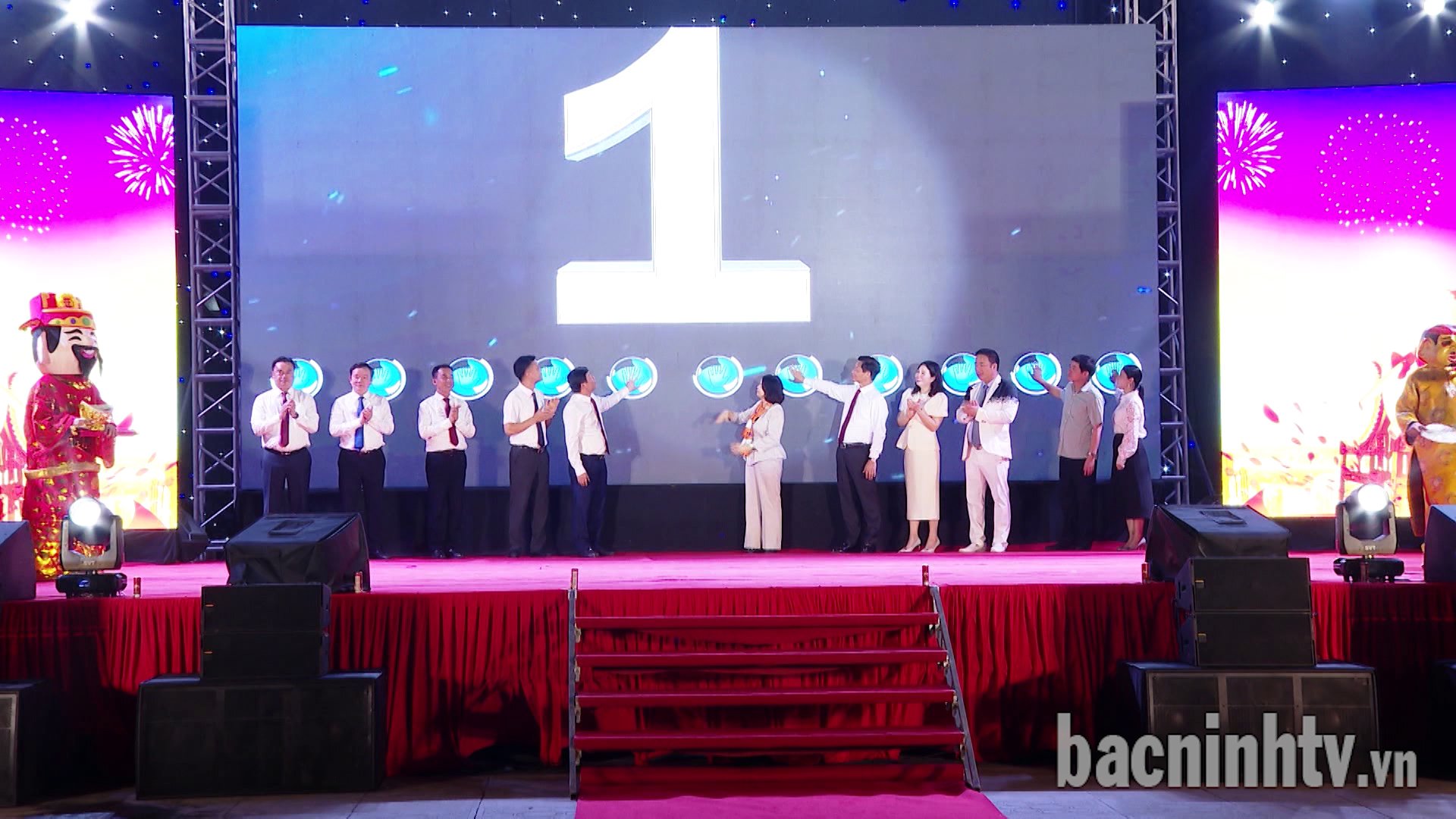

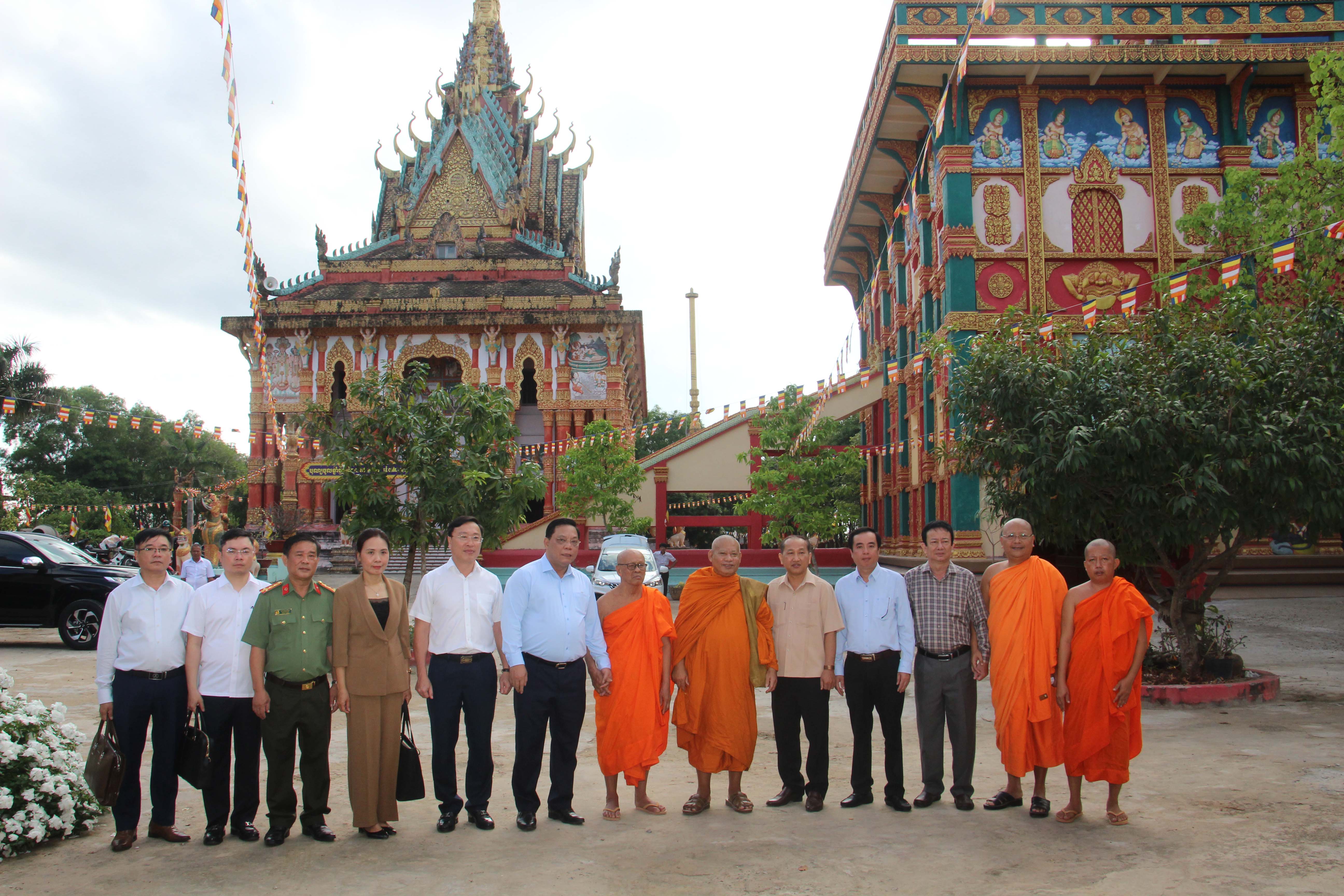
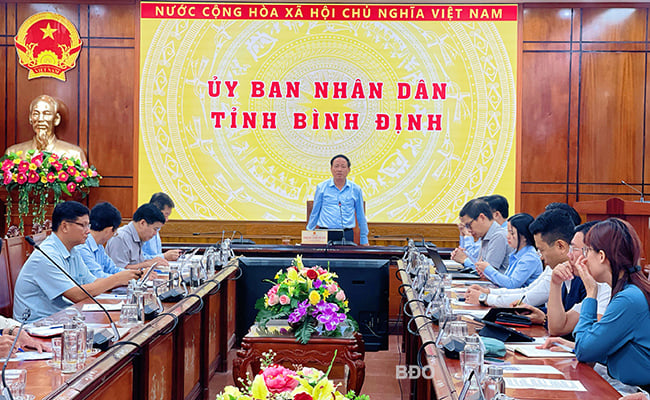
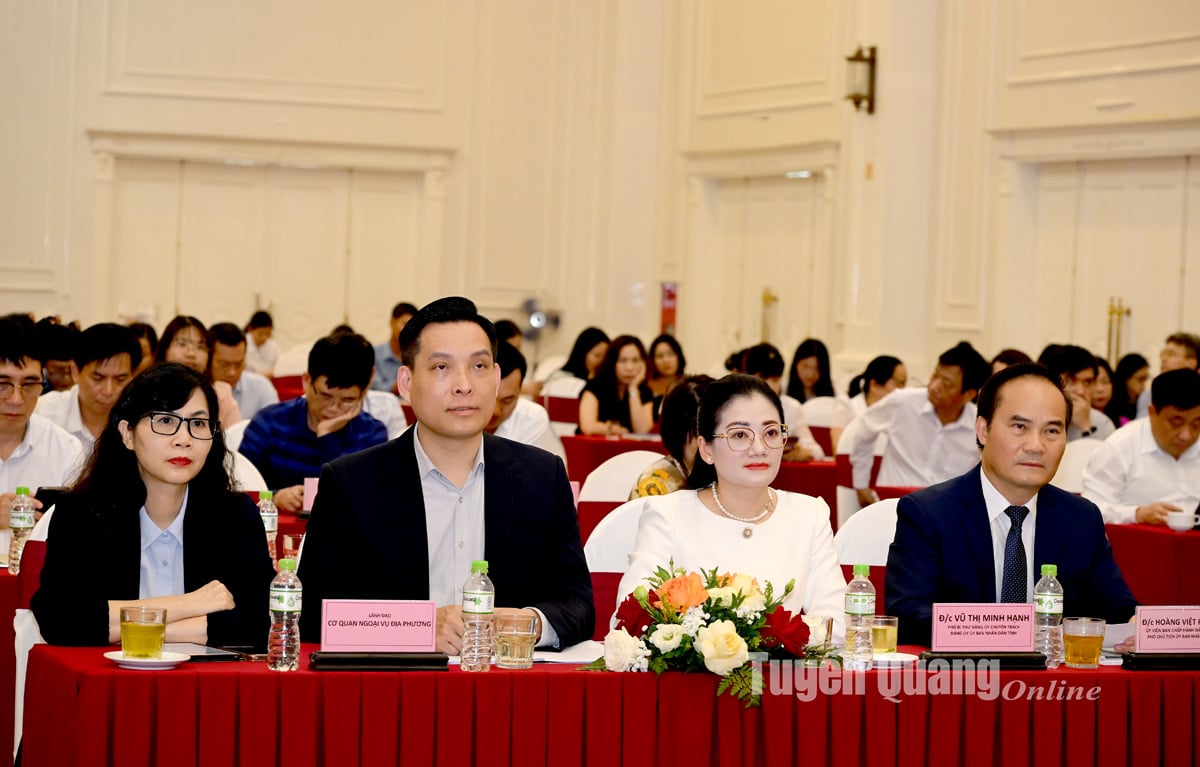
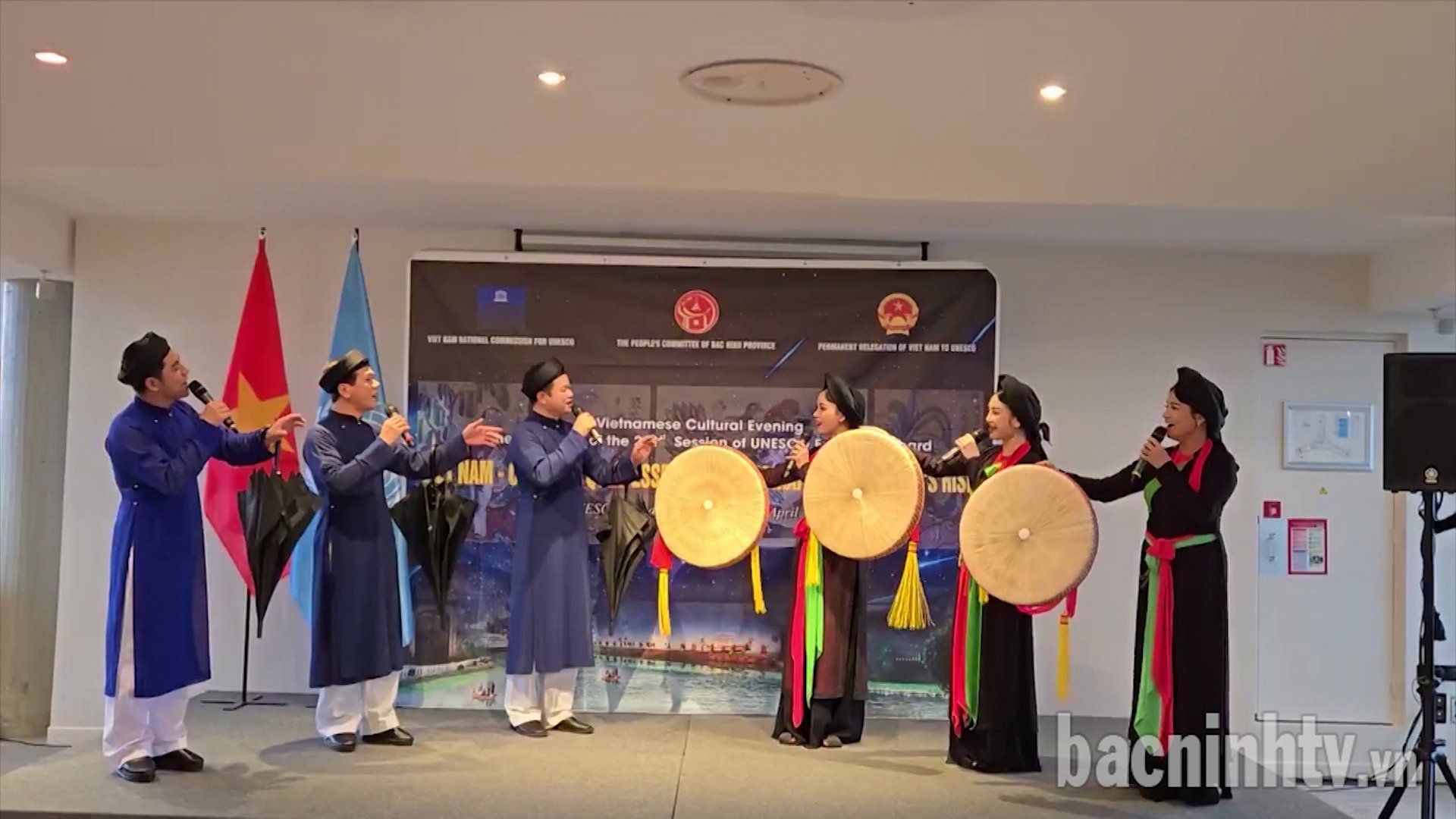



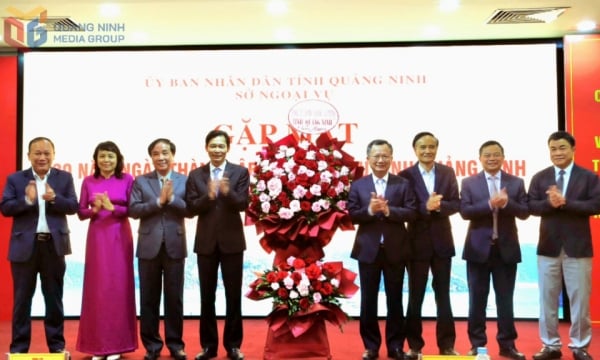

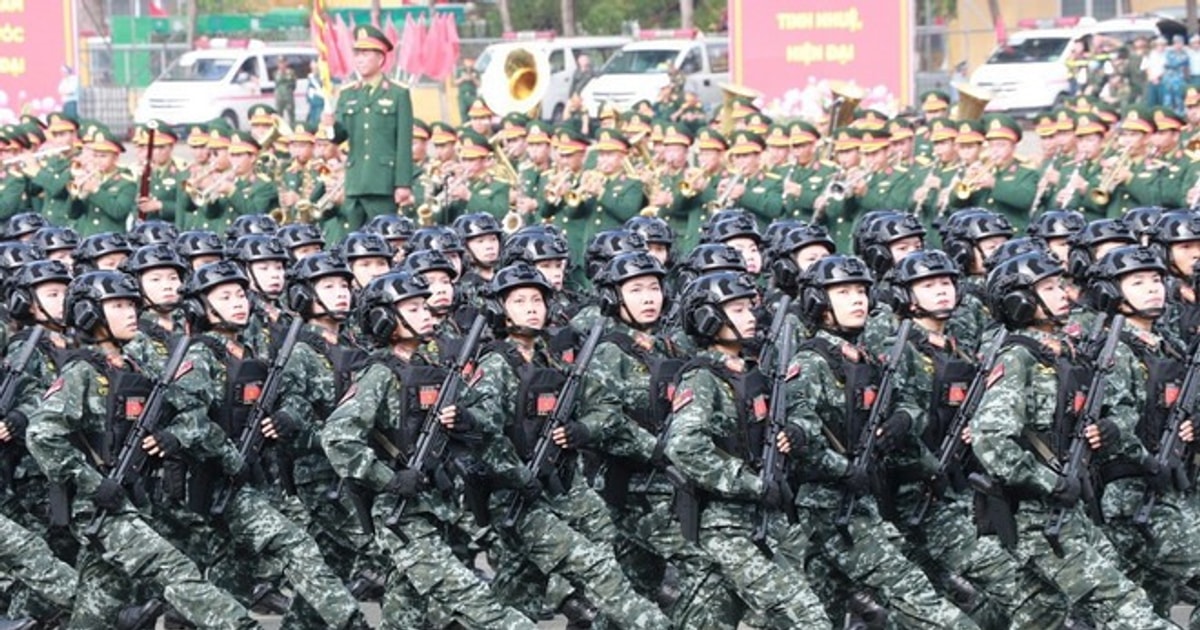
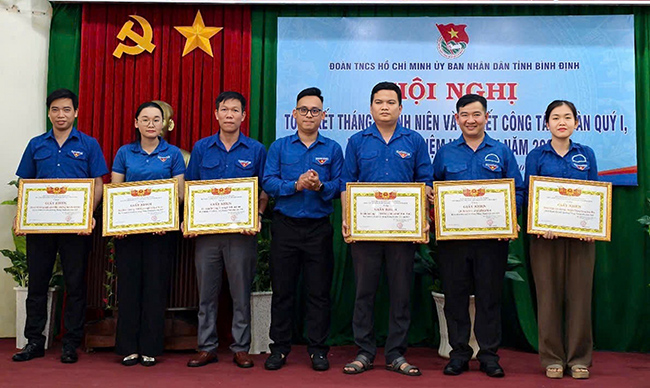
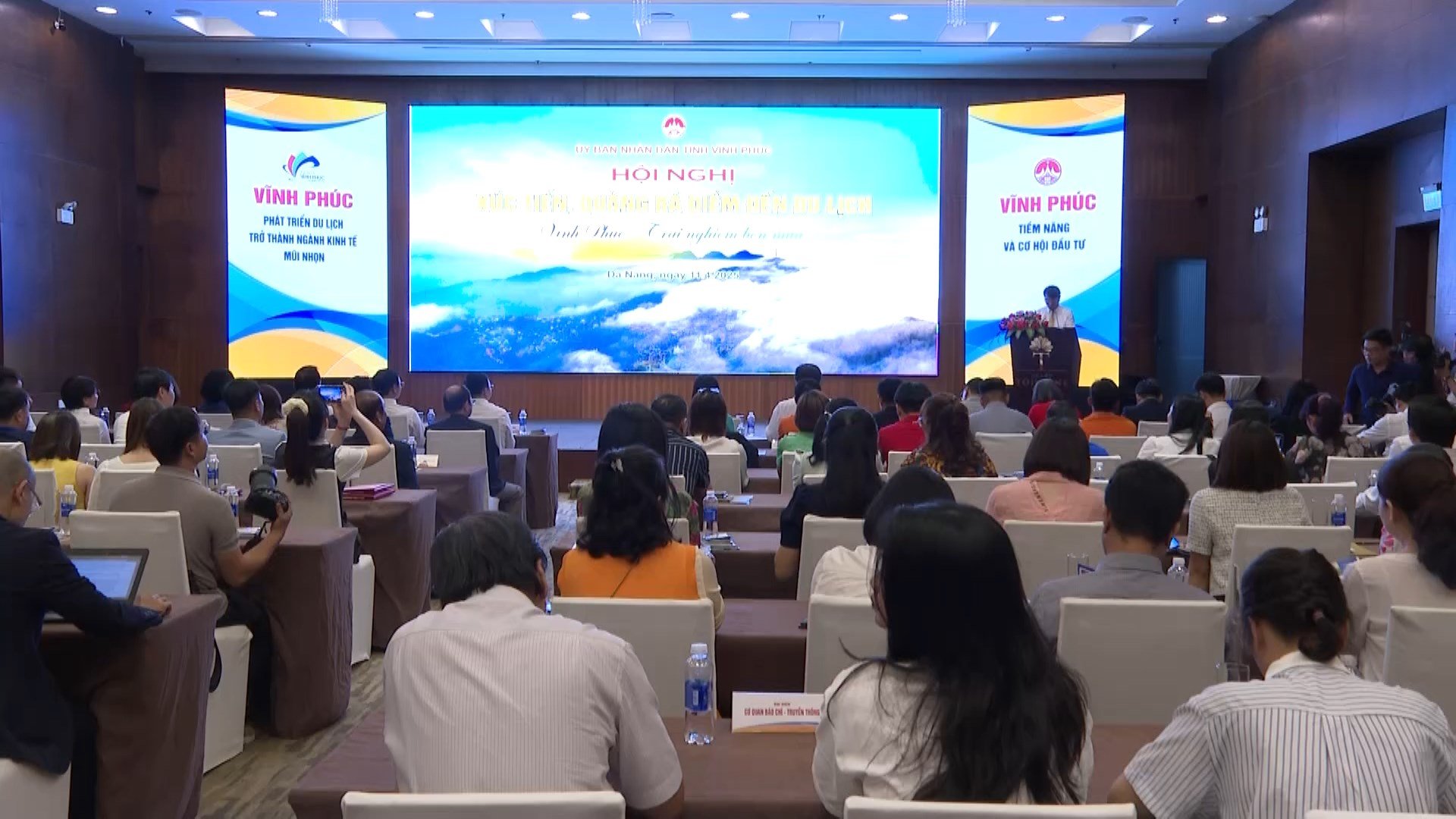

![[Photo] Summary of parade practice in preparation for the April 30th celebration](https://vstatic.vietnam.vn/vietnam/resource/IMAGE/2025/4/11/78cfee0f2cc045b387ff1a4362b5950f)









































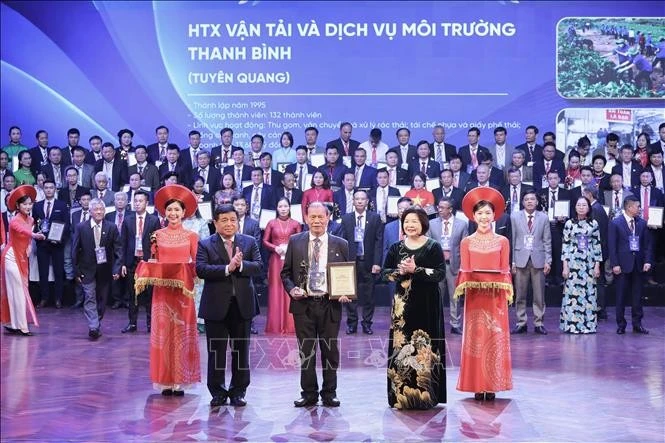

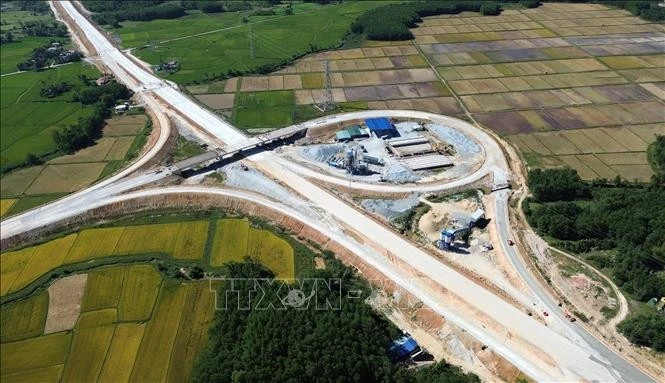















Comment (0)